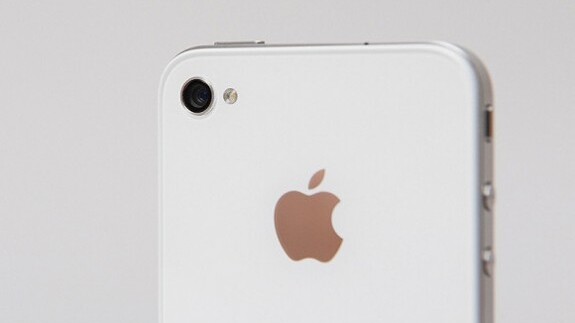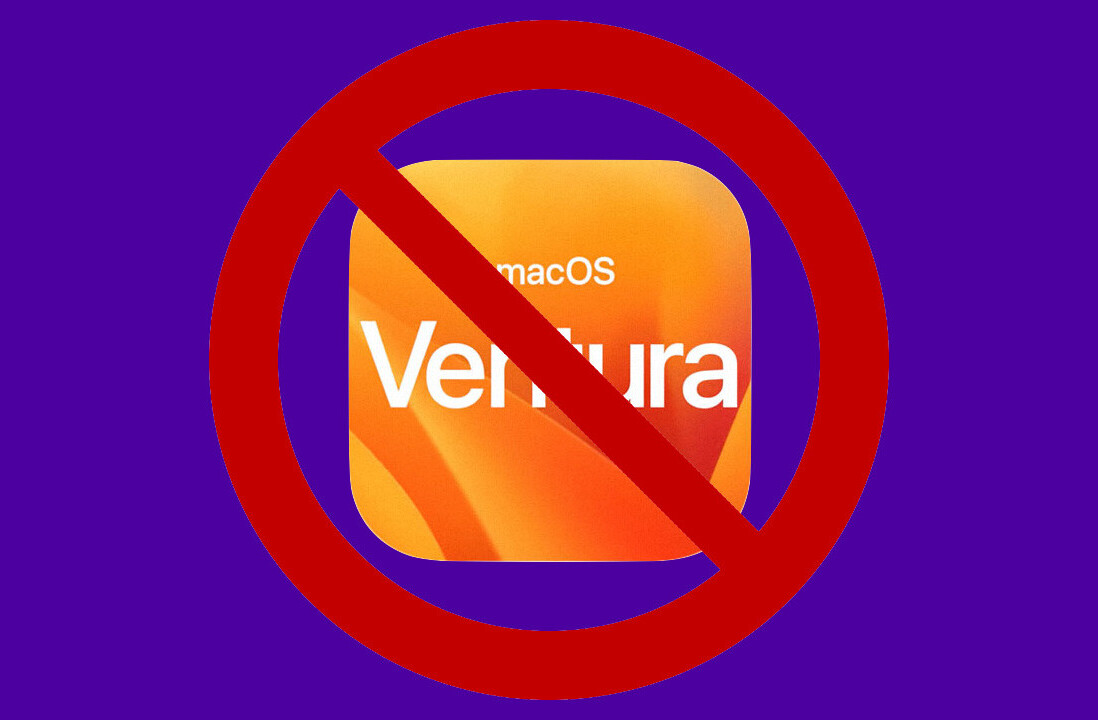
Apple has sued the Motorola Mobility in U.S. courts over a licensing agreement for wireless patents with Qualcomm, reports Reuters. The lawsuit was filed today, February 10th, in a southern California District Court. Motorola Mobility, a company that is soon to be acquired by Google, is said to be in breach of a licensing agreement with chip-maker Qualcomm.
The document references U.S. Patent No. 6,359,898, which is a wireless transmission patent held by Motorola. Late last month, Motorola sued Apple for infringement in Germany over European Patent No 1 010 336, which is the same patent as the US-filed ‘898.
Apple says that because Motorola has a licensing agreement with Qualcomm for that patent, as does Apple, Motorola is in breach of its contract with Qualcomm:
Motorola’s German lawsuit is in direct breach of a Patent Licensing Agreement between Motorola and Qualcomm. As a Qualcomm customer, Apple is a third-party beneficiary of that contract.
This breach, Apple claims, means that Motorola’s rights to the patent, both in Europe and the U.S., are exhausted, and it wants the courts to make Motorola drop its claims against Apple for violation of patents in Germany.
The patent specifically relates to the Qualcomm MDM6610 baseband chip that Apple uses in the CDMA-compatible versions of its iPhone 4S. Apple is stating that it has a purchase agreement with the maker and that Qualcomm has already paid Motorola off for the licensing of patents to do with the chip.
This is a fairly standard arrangement with component makers who build a product for use in telecommunications. The terms of the original purchase agreement between Apple and Qualcomm likely specified that part of the deal was that all patented techniques used were ‘covered’ by a previous agreement.
An additional FRAND argument
There is an additional segment to the argument that points out, rather testily, that Motorola preached to the European Telecommunications Standards Institute that the ‘898 patent is ‘essential’ to the organization’s GSM standards. Motorola also committed to license its patent on fair, reasonable, and non-discriminatory (FRAND) terms.
This is also a common procedure when patents are deemed essential parts of infrastructure like cell networks. Since Motorola argued that you basically shouldn’t be able to do GSM properly without the use of this patent, it has a responsibility to offer competitors a fair licensing agreement.
This is done in order to prevent the stunting of technological progress due to companies witholding essential patents from their competitors.
Apple goes on to state its long-standing record of supporting FRAND licensing agreements and says that Motorola should be held to the same standards. It goes on to use Motorola’s own argument that the ‘898 (or ‘336 in Europe) patent is essential to standards to argue that it should be more open to licensing it fairly.
It also makes the point that Motorola did not name the iPhone 4S, the only device in which Apple currently uses the offending MDM6610 chip, in an earlier case it filed against the Cupertino-based company in Mannheim, Germany.
Motorola Mobility is in the process of being acquired by Google and, as such, has become the focal point of efforts by Google to combat Apple in the mobile space with patents. Apple recently appealed to the ETSI about abuse of the FRAND system and was open in its criticism of the current state of the telecom industry.
Get the TNW newsletter
Get the most important tech news in your inbox each week.





